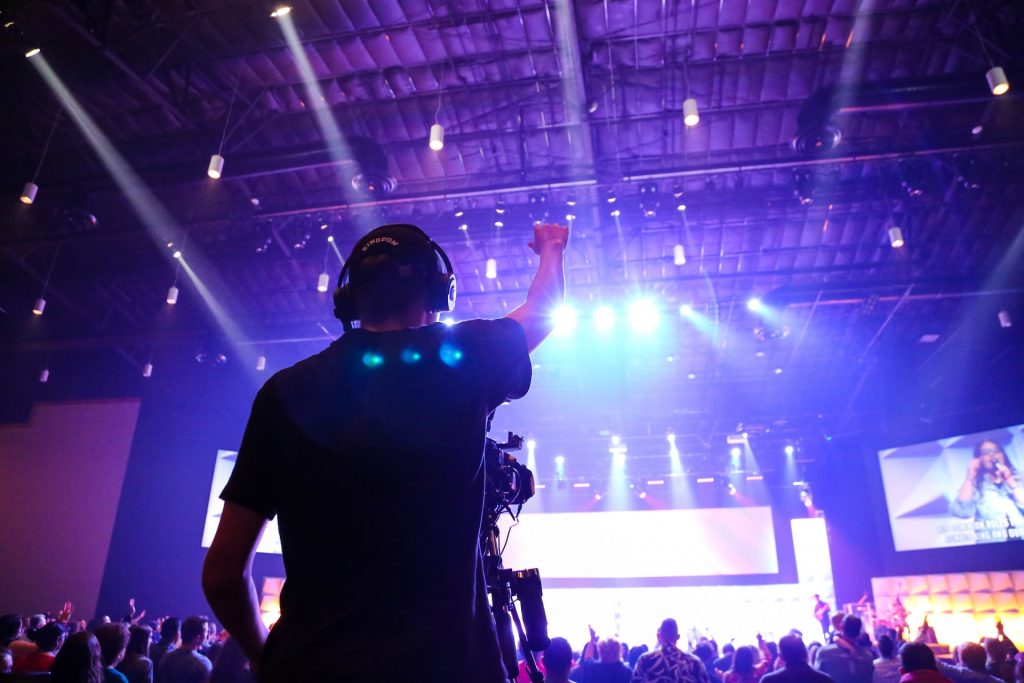Our Technical Little Black Book. The roles we provide on a regular basis. Please let us know if there is something you need that is not on this list. We always know someone, who knows someone.
Sound Engineer
A sound engineer, often from a live music or theatre background, is a master of multitasking. Their unique ability to listen to multiple sources of incoming audio, including a Showcaller in one ear, is a testament to their skills. Tweaks are constant throughout any event; allowances are made for different scenarios, and with the evolution of technology, they also need the ability to grasp all things digital.
Lighting Engineer
Lighting at an event can transform something flat and dull into pure wonder! It must deliver the wow factor. Depending on the show, there are many things to consider and many things to perfect. If you have seen a show or an event without the lights on, and then you see it with the lights on, it’s a transformation.
Video Engineer
Often from a background in broadcast, the video engineer juggles plates for the entire show. Graphical and video content, live camera feeds, multiple incoming hybrid feeds, voting systems and more! These feeds are sent out to various screens. The main stage screen, the comfort monitors, relay screens for backstage, and relay screens for the front of the house. They monitor live records, too. All of this is generally out of sight of any audience member. A video engineer sits behind the set, in the dark, with a vast array of monitors and switchers to perform this dark art!
Camera Operators
Having the ability to work with many pieces of camera kit, from a handheld camera and Steady Cam to a Track Camera or one on a boom, camera operators often start their careers in film and television. One eye constantly monitors their viewfinder and the other is on the surrounding area; skill and practice mean they capture the shots the producer is looking to deliver, and they often do so at the instruction of a Vision Mixer.
Vision Mixer
The Vision Mixer takes the incoming camera shots and ‘mixes’ them for various outputs. Some will be for recording purposes, some will go to the live screen, and some will be for a virtual audience. At a corporate event, it is the responsibility of the Vision Mixer to decide which shots to use. Speaking to their camera crew on Comms, they instruct each operator to find their next shot and then bring it ‘live’ accordingly.
LED Technician
A relatively new area in live events, an LED wall is a structure within itself. Fully modular and built to any size and shape within weight restrictions, flown or ground stacked. A highly skilled role to build an LED wall, and equally skilled to run and troubleshoot. A role both physically and technically demanding.
VMix Operator
VMix is a reasonably new requirement that saw many technicians through the dark days of COVID-19. It’s an online system that handles and manages virtual events and the callers who dial in. Many technicians learned this new skill in a bit of a hurry and then used it an awful lot until the world of live events started up again. We still do virtual now, and we also do a mix of live and virtual or hybrid.
All-Round AV Technician
As the name implies, this is a technician who can do many disciplines. Often, it is someone who has learned the basics of everything and can then be relied upon to do many roles. This type of technician is often used in situations like breakout rooms to manage smaller AV setups.





